The most common symptom is a lump on your testicle

The most common sign of testicular cancer is a lump on your testicle. But that’s not the only sign of this disease.
Cleveland Clinic is a non-profit academic medical center. Advertising on our site helps support our mission. We do not endorse non-Cleveland Clinic products or services. Policy
Men and people assigned male at birth (AMAB) who have testicular cancer may experience several different kinds of symptoms, says oncologist Shilpa Gupta, MD.
While testicular cancer is rare, it most frequently strikes people with testicles younger than age 44 and is the most commonly diagnosed cancer for men and people AMAB ages 15 to 34. It is almost always curable if found early, Dr. Gupta says, and is usually curable even when at a later stage. So, it’s important to know signs and symptoms.
Here are the possible signs of testicular cancer you might not know about.
Many of these symptoms typically occur with other conditions as well. If you have any of the following symptoms, you should schedule an appointment with a healthcare provider.
One of the early signs of testicular cancer is a lump or bump on your testicles. Most of the time, that lump won’t cause pain, but some people have reported feeling pain and discomfort.
“The correct way to do a testicular self-exam is to cup one testicle at a time using both hands performed during or after a warm bath or shower. You can examine the area by rolling the testicle between your thumb and fingers using slight pressure,” explains Dr. Gupta.
“Familiarize yourself with the spermatic cord and epididymis, which are tubelike strictures that connect on the back side of each testicle. Feel for lumps, change in size or irregularities. It’s normal for one testis be slightly larger than the other.”
You may start to notice that your testicles feel different or even heavier. One testicle may feel firmer than the other.
“It’s important to not ignore any of such symptoms,” she stresses.
Your scrotum and testicles can become swollen. They may appear red and seem larger. And you may also have fluid backup in your scrotum.
“Always get checked out if you feel a sudden accumulation of fluid in scrotum,” advises Dr. Gupta.
Certain types of testicular tumors can reduce testosterone or increase estrogen in the body, which can result in a change in testicle size or firmness. This can include a shrinking testicle, known as testicular atrophy.
“It’s important to do a self-exam and get checked out by a physician if any changes are noted in consistency of testes,” says Dr. Gupta.
When a tumor spreads to a lymph node, it can constrict blood flow in the veins and result in a blood clot. The clots often occur in your legs, which causes them to swell. You might even experience blood clot symptoms like pain and difficulty breathing.
“It’s important to watch out for sudden leg swelling,” reiterates Dr. Gupta.
These are symptoms of advanced testicular cancer, meaning the cancer has spread to lymph nodes behind your stomach. Shortness of breath also may signal that the cancer has spread to your lungs, which may make it harder for air to move in and out.
“More advanced disease can present with more generalized symptoms,” notes Dr. Gupta. “It’s important to not ignore these.”
In rare cases, hormone changes also can cause breast tenderness or growth of breast tissue. Some tumors can secrete high levels of a hormone called human chorionic gonadotropin (HCG), which stimulates breast development.
“If men notice sudden breast tenderness or swelling, it’s recommended to get it checked out,” she says.
If you experience any of the signs and symptoms of testicular cancer, make an appointment with a healthcare provider right away, Dr. Gupta advises.
During your appointment, your healthcare provider may want to do a physical exam and will ask you about your medical history. Common tests include an ultrasound and biopsy.
If your healthcare provider diagnoses you with epididymitis or orchitis and the symptoms don’t resolve quickly with antibiotics, request an ultrasound to evaluate for a testicular tumor.
It’s important to speak up if you’re not feeling better. Treatment options for testicular cancer include:
“While up to 95% of people with testicular cancer are cured, it’s important to get care quickly if you’re experiencing symptoms because testicular cancers usually grow fast,” Dr. Gupta emphasizes. “If there is disease, the earlier it is treated, the greater than chance for success.”
Learn more about our editorial process.
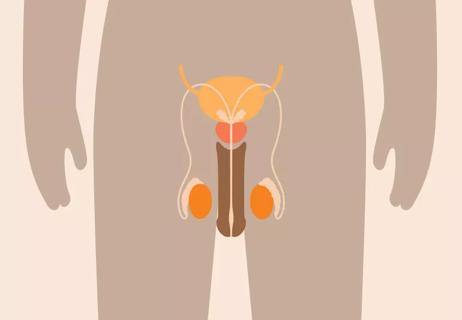
A self-exam takes only two minutes once a month
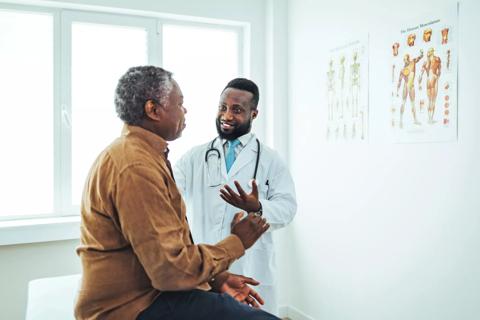
You don’t have to cope in silence with issues like urinary incontinence and sexual dysfunction

Stay hydrated, opt for fruits, veggies, whole grains and lean protein — and try to eat snacks and smaller meals throughout your day instead of larger portions
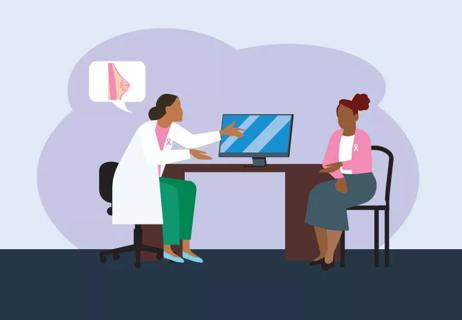
Being better informed can help you feel more confident about your care options and decisions
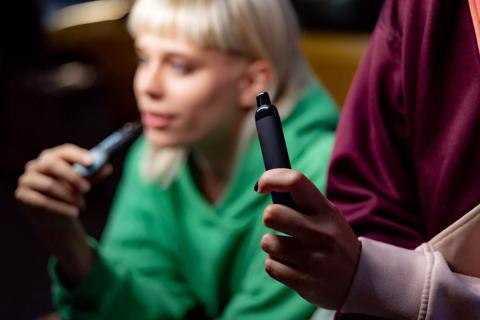
Vaping exposes you to thousands of chemicals, including many that cause cancer and lung disease

Certain genes passed down from either side of your family can put you at a higher risk for breast cancer and related cancers

Working has its benefits, but it may require some modifications — and that’s OK
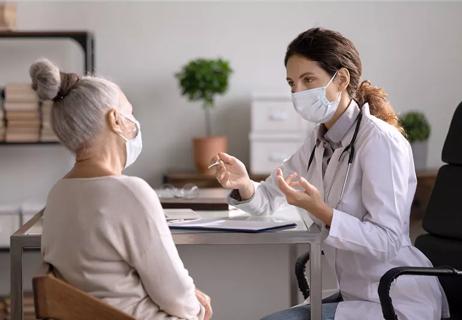
Palliative care offers a comprehensive network of support at any stage, from diagnosis to treatment and beyond

Your metabolism may torch 1,300 to 2,000 calories daily with no activity

A gentle touch in all the right places may help drain your sinuses